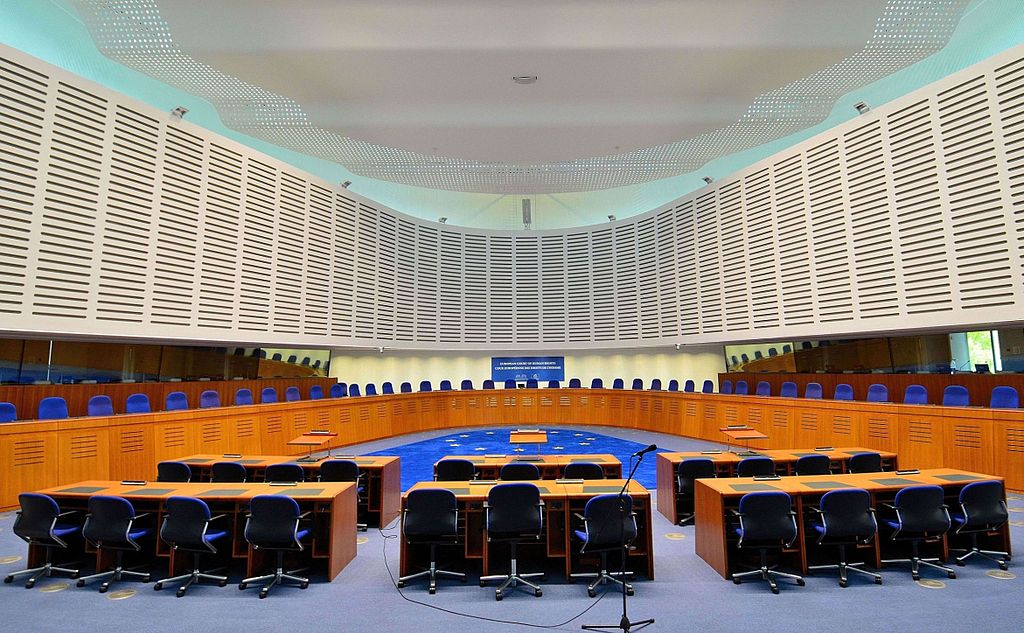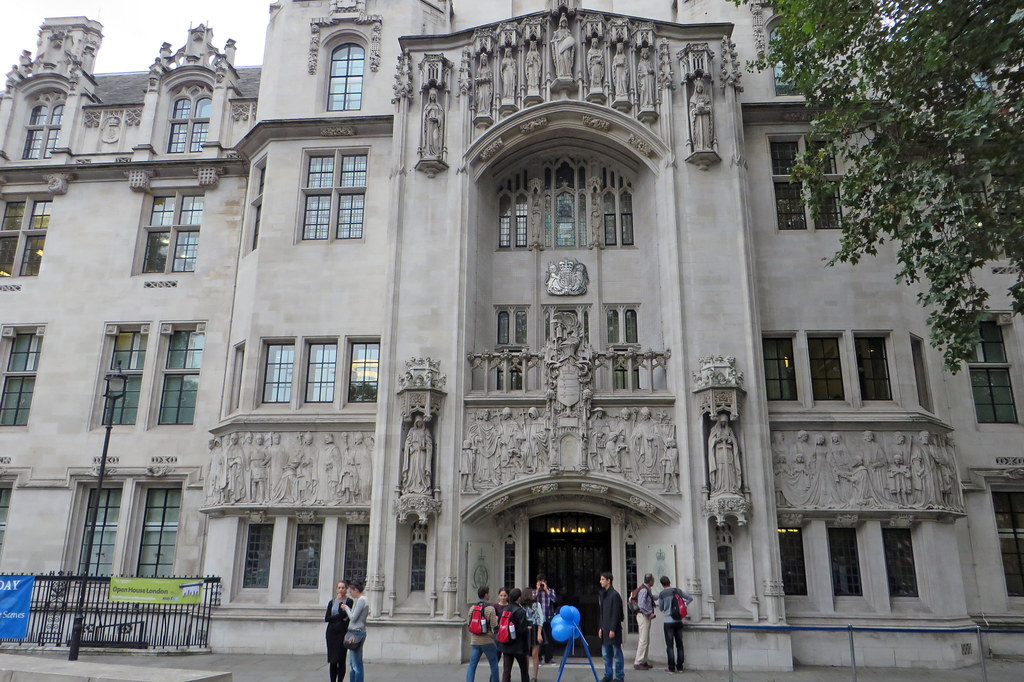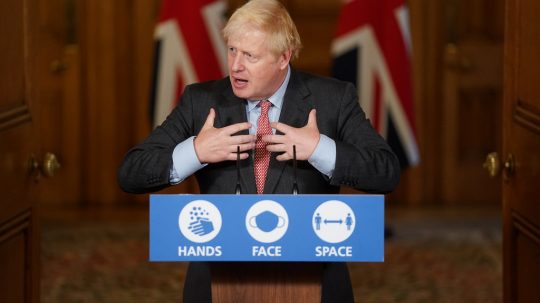As has become apparent amid the tumult of Covid-19, our understanding of human rights is constantly developing. We have published a mini-series of explainers reviewing the history of our rights and where these leave us standing today. Part 1 looked at the modern history of human rights themselves. Part 2 asked what is the link between social justice and human rights? Part 3 looked at how COVID-19 has affected our human rights.
This fourth and final part of our human rights explainer series touches upon the future of human rights in the UK.
In December 2020, the UK government announced the launch of an independent review to examine the framework of the Human Rights Act 1998 (HRA). The review, included as a commitment in the 2019 Conservative Party general election manifesto, will not seek to do away with any of the rights contained within the European Convention on Human Rights (ECHR), which was incorporated into British law through the Human Rights Act. Instead, the review is focused on two main themes:
- The relationship between domestic courts and the European Court of Human Rights
- The impact of the Human Rights Act on the relationship between the judiciary, the executive and legislature.
Though the UK has left the European Union, there is no direct connection between its membership of the ECHR and erstwhile membership of the European Union. The ECHR remains enshrined in British law via the HRA. In contrast, the European Charter of Fundamental Rights (ECFR), which brings together certain political, social and economic rights of those living in EU member states and codifies rights included in EU law, will cease to apply in the UK. Individuals will no longer have the power to bring legal action to strike down domestic legislation that is incompatible with a fundamental right contained within the ECFR.

Courtroom of the European Court of Human Rights
In 2006, David Cameron said the Conservative Party would repeal the Act, replacing it with a “modern Bill of Rights.” The 2015 Conservative Party manifesto pledged to replace the HRA with a British Bill of Rights in order to ‘break the formal link between British courts and the European Court of Human Rights and make [the UK] Supreme Court the ultimate arbiter of human rights matters.’
The current Human Rights Act review speaks to the common theme associated with all such calls for reform: increased parliamentary sovereignty.
The review looks to address two main concerns, levels of European influence, and any undue influence of domestic courts in matters of policy. Proponents of a British Bill of Rights make the same argument that the HRA provides ‘unelected’ judges with too much power, and that reducing this power will restore parliamentary sovereignty.

Liberal Democrats MP Chris Huhne arguing that ‘The Human Rights Act stays’ at #ldconf (Credit: Martin Tod)
Not everyone in parliament supports this review. The Labour, Liberal Democrat and SNP manifestos were committed to retaining the Human Rights Act. The Scottish Government has described the UK government’s claim of an “over-judicialising” of public administration in the UK, as ‘at odds with human rights principles and the existence of necessary constraints on the exercise of state power.’
“The fact that the government of the day may happen to dislike, or disagree with the judgement of the court in a particular case, does not render that judgement ‘political’ or constitute an interference in matters of policy,” they said.
The UK government hasn’t specified the court decisions they believe are being ‘unduly drawn into questions of policy’, but they can be inferred from the grievances often raised by members of the government against courts applying the Human Rights Act. Such rulings include preventing the deportation of foreign criminals.

Outside the UK Supreme Court (Credit: Creative Commons: diamond geezer)
It was revealed in September 2020, that the government was planning to opt out of parts of the European Convention on Human Rights in order to speed up deportations of asylum seekers and protect British troops serving overseas from legal action. This is a recurring pattern used to critique the HRA, by citing cases pertaining to national security. It raises a concern that human rights should protect only British citizens, whereas the law, which must be established through an impartial process, does not consider who may be deserving or undeserving of protection.
The independent review of the Human Rights Act framework is still in its early stages and the results of the inquiry are as yet unknown.











